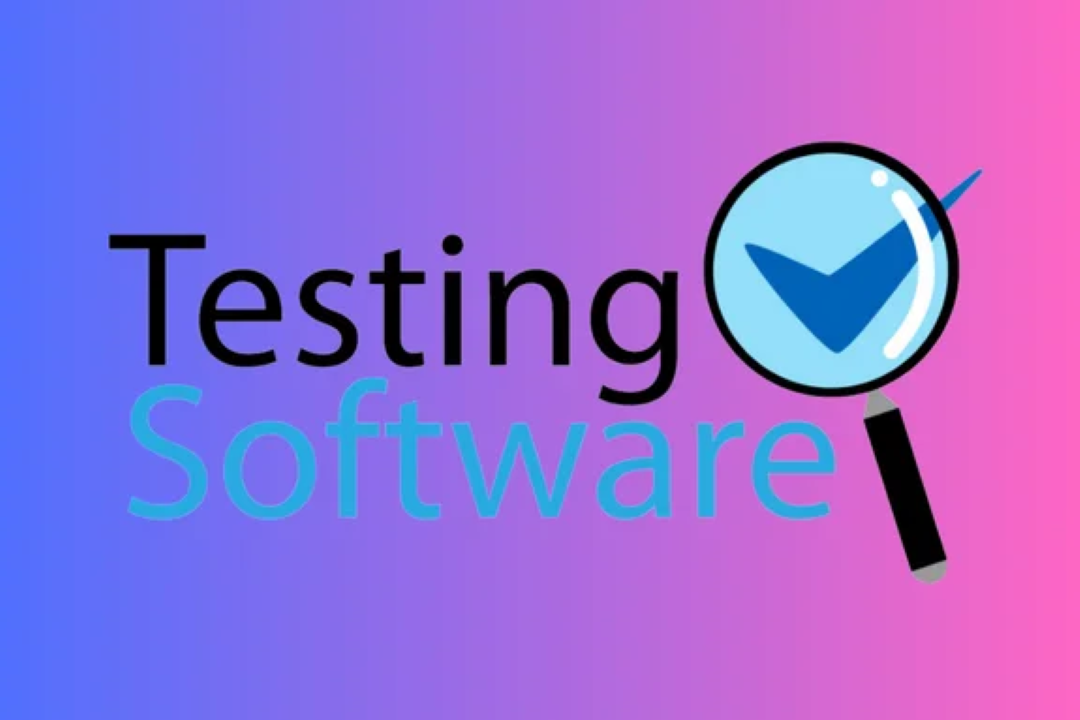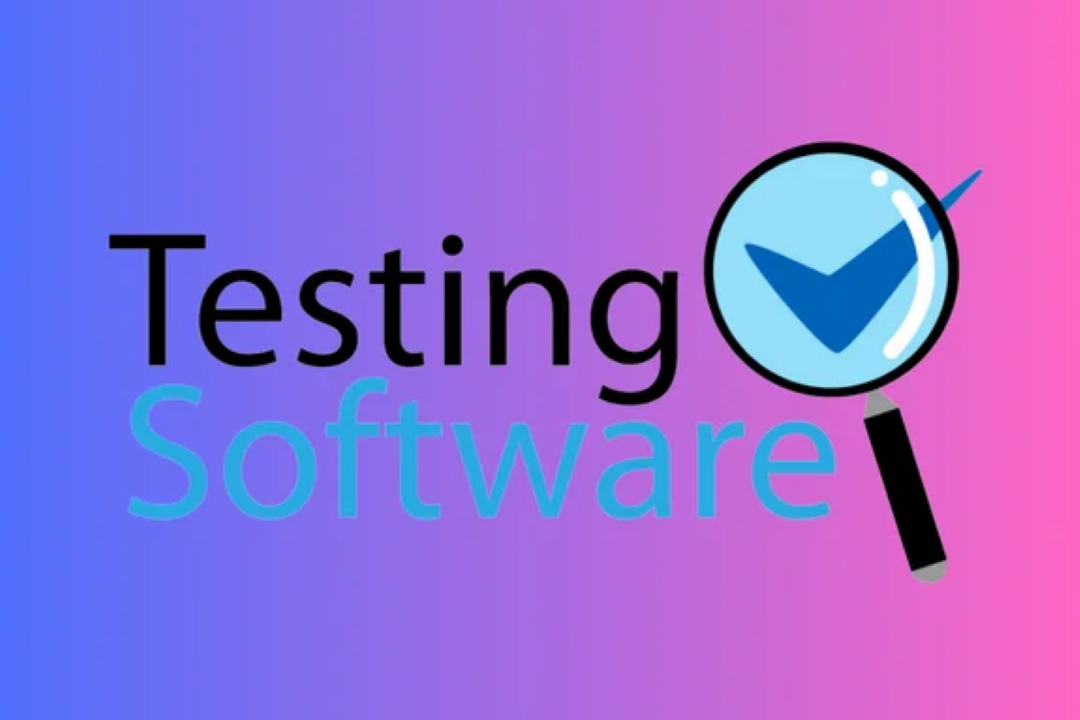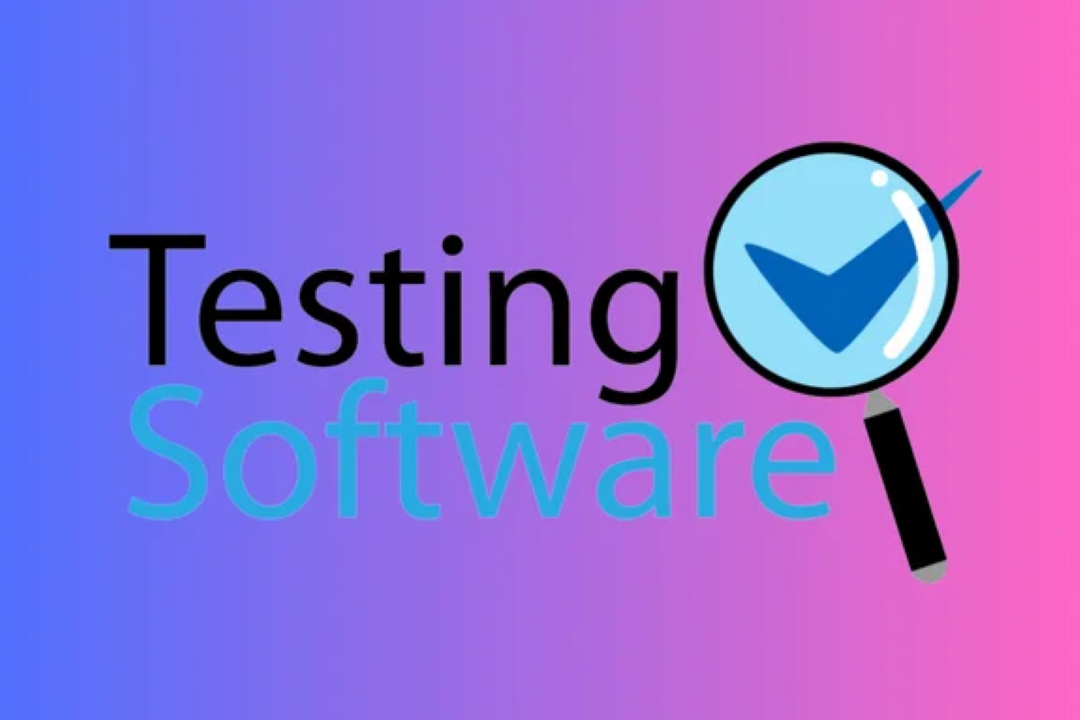Different Types of SOFTWARE TESTING
Exploring Various Types of Software Testing
Different Types of SOFTWARE TESTING
Software testing is essential in ensuring that software applications meet quality standards and perform as expected. It helps identify bugs, errors, and other issues that could affect the user experience or functionality of the software. There are various types of software testing, including manual testing, automated testing, unit testing, integration testing, system testing, and acceptance testing. Each type has its own unique benefits and purposes in the software development lifecycle. Manual testing involves human testers executing test cases to validate software functionality, while automated testing uses tools to automate test case execution. Unit testing focuses on testing individual units or components of the software, while integration testing verifies the interactions between different components. System testing evaluates the entire system's functionality, and acceptance testing ensures that the software meets user requirements and expectations. By incorporating these different types of testing into the software development process, developers can deliver high-quality, reliable software that meets user needs.
To Download Our Brochure: https://www.justacademy.co/download-brochure-for-free
Message us for more information: +91 9987184296
1 - Manual Testing:
Testing conducted by human testers without the use of automation tools.
2) Automated Testing:
Testing performed with the help of automation tools to increase efficiency and accuracy.
3) Functional Testing:
Verifying that the software functions as expected according to its requirements.
4) Non Functional Testing:
Evaluating aspects such as performance, usability, security, and compatibility.
5) Regression Testing:
Rerunning tests to ensure that new code changes have not affected existing functionalities.
6) Black Box Testing:
Testing where testers do not see the code and focus on inputs, outputs, and system behavior.
7) White Box Testing:
Testing performed with knowledge of the code to validate internal structures and processes.
8) Integration Testing:
Testing the interaction between different components or modules to ensure they work together correctly.
9) System Testing:
Evaluating the completed software to verify if it meets specified requirements.
10) User Acceptance Testing (UAT):
Testing conducted by end users to ensure the software meets their expectations.
11) Performance Testing:
Evaluating the software's speed, scalability, and stability under various conditions.
12) Security Testing:
Checking for vulnerabilities and ensuring that the software is secure from potential threats.
13) Compatibility Testing:
Testing the software on different platforms, browsers, and devices to ensure consistent performance.
14) Usability Testing:
Evaluating the software's user interface, ease of use, and overall user experience.
15) Exploratory Testing:
Informal testing where testers explore the software without predefined test cases to discover defects.
By incorporating these different types of software testing concepts into the training program, students will gain a comprehensive understanding of the testing process and be equipped with the knowledge and skills required to excel in the field of software testing.
Browse our course links : https://www.justacademy.co/all-courses
To Join our FREE DEMO Session: Click Here
Contact Us for more info:
- Message us on Whatsapp: +91 9987184296
- Email id: info@justacademy.co
Javascript Tutorial For Web Development
Difference Between Html And Dhtml












